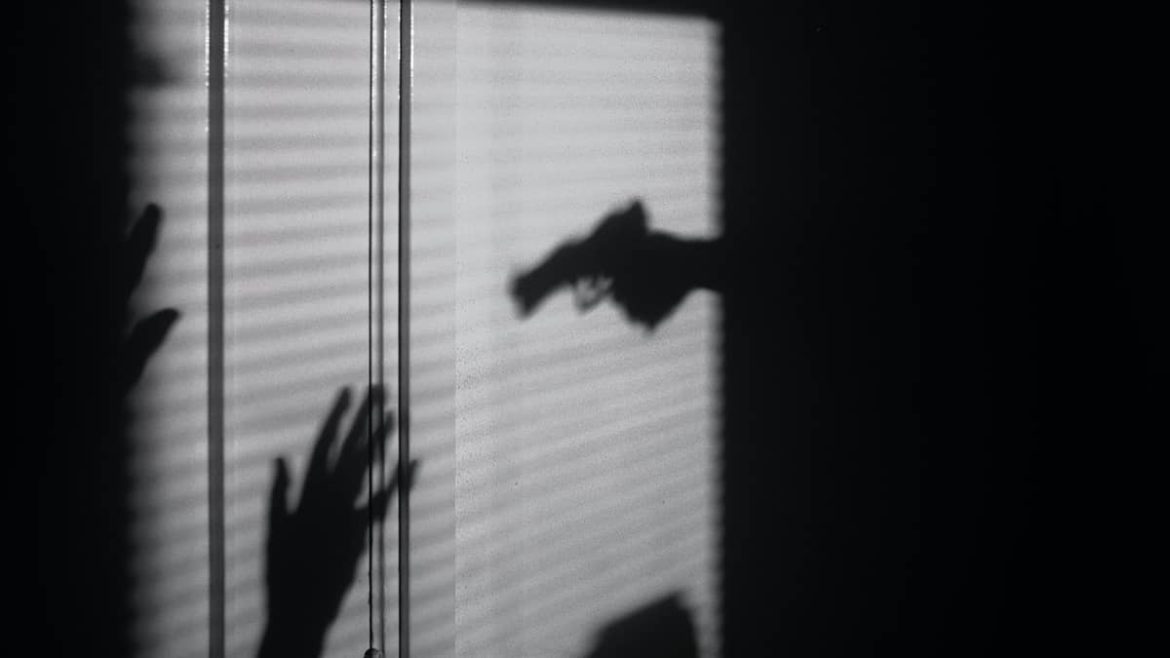A Year of Unprecedented Violence
Costa Rica, long considered the safest country in Central America, is witnessing a year of unparalleled violence. According to official homicide data, over 656 people have been killed so far, making it the deadliest year on record for this usually tranquil nation. With the year not yet over, authorities predict the toll could exceed 900.
Unnerving Trends: The Statistics Speak
Randall Zuniga, the head of Costa Rica’s Judicial Investigation Agency (OIJ), stated that the homicide count continues to escalate, signaling a significant shift that warrants immediate attention to public security. In 2021, the country registered a then-record 654 homicides, but this year’s figures have already eclipsed that number. The surge in violent deaths is particularly notable in six of the seven provinces in Costa Rica, with the capital city, San Jose, witnessing a twofold increase compared to the previous year.
Disturbing Spike in Violent Death Rates
The national violent death rate is expected to rise from 12.6 per 100,000 people last year to 16 this year. In the Caribbean province of Limon, the rate could jump to an alarming 33. The type of crimes reported include torture, gang-related murders, and assassinations executed by highly-skilled hitmen, similar to offenses committed by Mexican cartels.
The Underlying Causes: Gangs and Drug Trafficking
Costa Rican authorities attribute approximately two-thirds of these murders to gang wars, largely revolving around control over drug trafficking operations. Located strategically between drug producers in Colombia and consumers in the United States and Europe, Costa Rica has become an unwilling participant in these illicit activities.
Government Response: No Quick Fixes
Costa Rica’s Security Minister, Mario Zamora, has expressed that there are no quick or “magic” solutions to the rising crime rates. A strong advocate for hardline approaches to crime, Zamora emphasizes the need for a multipronged strategy, including both security and preventive measures. President Rodrigo Chaves has also announced a suite of security initiatives, aimed at countering the escalating criminal activity that poses a “national emergency,” affecting foreign investments and the tourism industry.
A Long Battle Ahead: The President Weighs In
In a recent press conference, President Chaves cautioned that the fight against international crime syndicates would be protracted. He acknowledged the “constant struggle for power and resources” that fuels criminal activity and underscored that it would take considerable time and concerted efforts to make a meaningful impact.
A Turning Point for Costa Rica
The rising number of homicides in Costa Rica serves as a grim reminder that even historically peaceful nations are not immune to the scourges of drug trafficking and violent crime. It represents a watershed moment that demands a comprehensive, long-term approach. The international community will be closely watching how Costa Rica manages this crisis, as it struggles to protect its reputation as a safe and appealing destination for tourists and investors alike.

